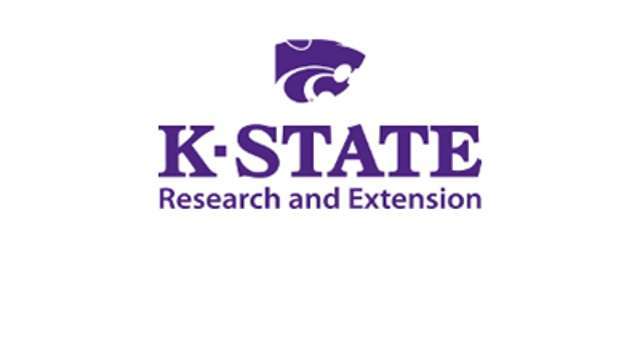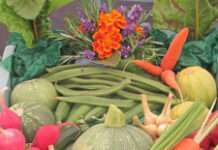K-State food safety expert shares tips for cleaning
MANHATTAN, Kan. – A Kansas State University food scientist says that silicone mats, which are popular with home bakers, are a safe way to prepare holiday goodies.
Karen Blakeslee addressed the topic in the most recent issue of ‘You Asked It!’, a monthly publication from K-State’s Rapid Response Center for food science. The publication is available to view online.
“The U.S. Food and Drug Administration has approved silicone as a food safe substance and it is generally considered inert and will not leach into foods,” Blakeslee said. “Silicone bakeware is rated safe for temperatures below freezing and up to 500 degrees F, though you should always check the manufacturer’s specifications for a product.”
With use, silicone baking mats can build up a sticky – or even stinky – residue that is difficult to remove. To clean silicone mats, Blakeslee suggests:
• Place the mat on a wire rack inside a rimmed baking sheet.
• Bake in a 450 F over for about one hour, or until it stops smoking.
• Remove the mat with hot pads or tongs.
• Wash with soap and hot water.
“If residue is still present, use a non-abrasive scrub to remove the remaining residue,” Blakeslee said. “The baking will also help remove strong odors from the mat.”
She notes that the sticky residue is safe, but does reduce the functionality of the non-stick mats. It may also give off flavors to food baked on the mat. “Cleaning the mat helps with the aesthetics, and may increase the life and functionality of the mat,” Blakeslee said.
Blakeslee also reminds home bakers to follow basic food safety steps, including washing hands before, during and after food preparation.
“And remember that eggs and any kind of flour are raw foods, so tasting cookie dough or raw batter is a risky treat that can make you sick,” she said. “Check eggs for cracks, and if so, avoid using them.”
Holiday baking is also a fun way to include kids, she said. “It’s a great way to use math and reading skills. Plus, they can learn family traditions to make holiday memories.”
More information about holiday food safety and food science is available online from K-State Research and Extension.
FOR PRINT PUBLICATIONS:
You Asked It!, www.rrc.k-state.edu/newsletter/index.html
K-State Research and Extension food safety, www.ksre.k-state.edu/foodsafety
K State Research and Extension is a short name for the Kansas State University Agricultural Experiment Station and Cooperative Extension Service, a program designed to generate and distribute useful knowledge for the well being of Kansans. Supported by county, state, federal and private funds, the program has county extension offices, experiment fields, area extension offices and regional research centers statewide. Its headquarters is on the K State campus in Manhattan. For more information, visit www.ksre.ksu.edu. K-State Research and Extension is an equal opportunity provider and employer.
Story by:
Pat Melgares
785-532-1160
melgares@ksu.edu
For more information:
Karen Blakeslee
785-532-1673
kblakesl@ksu.edu





